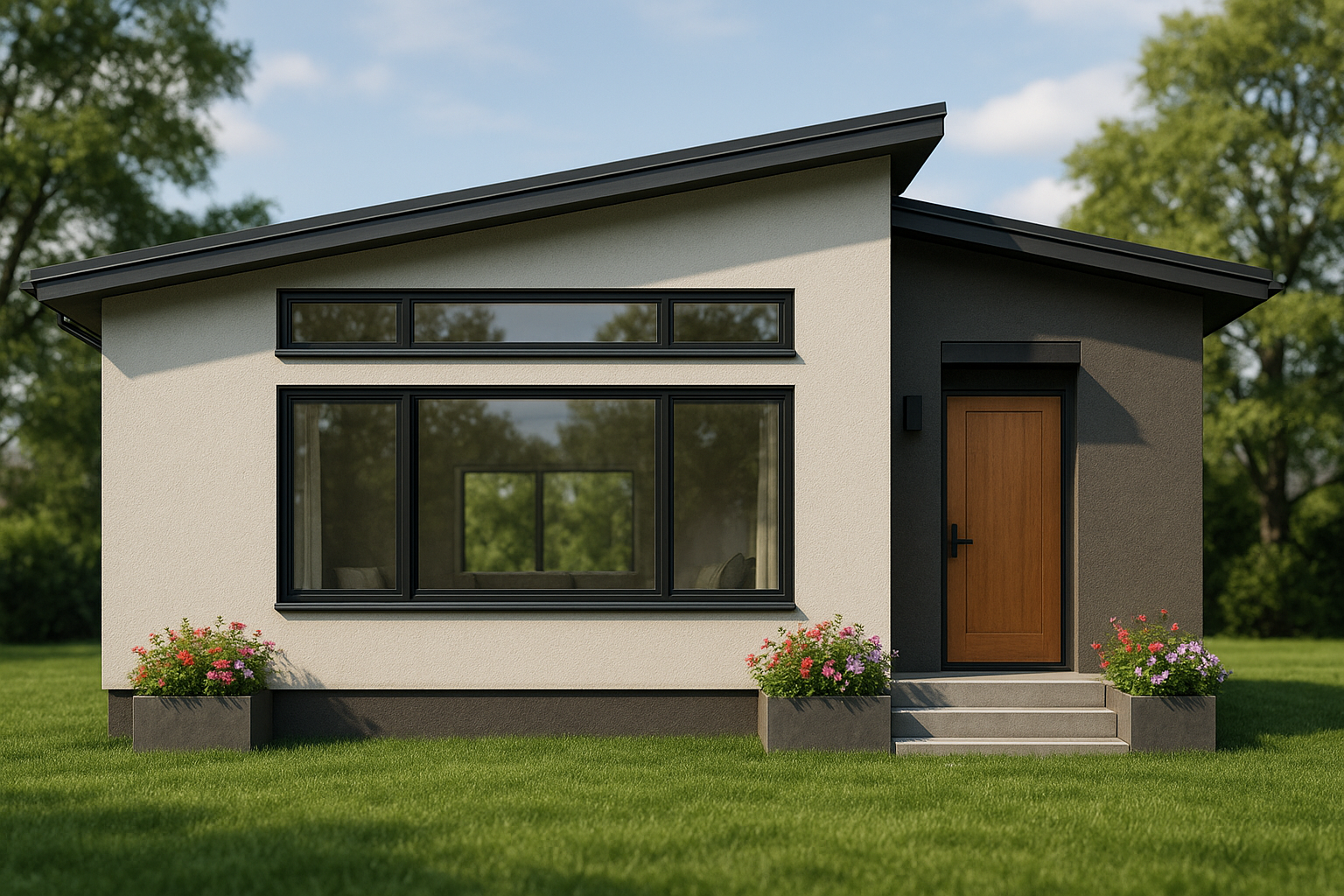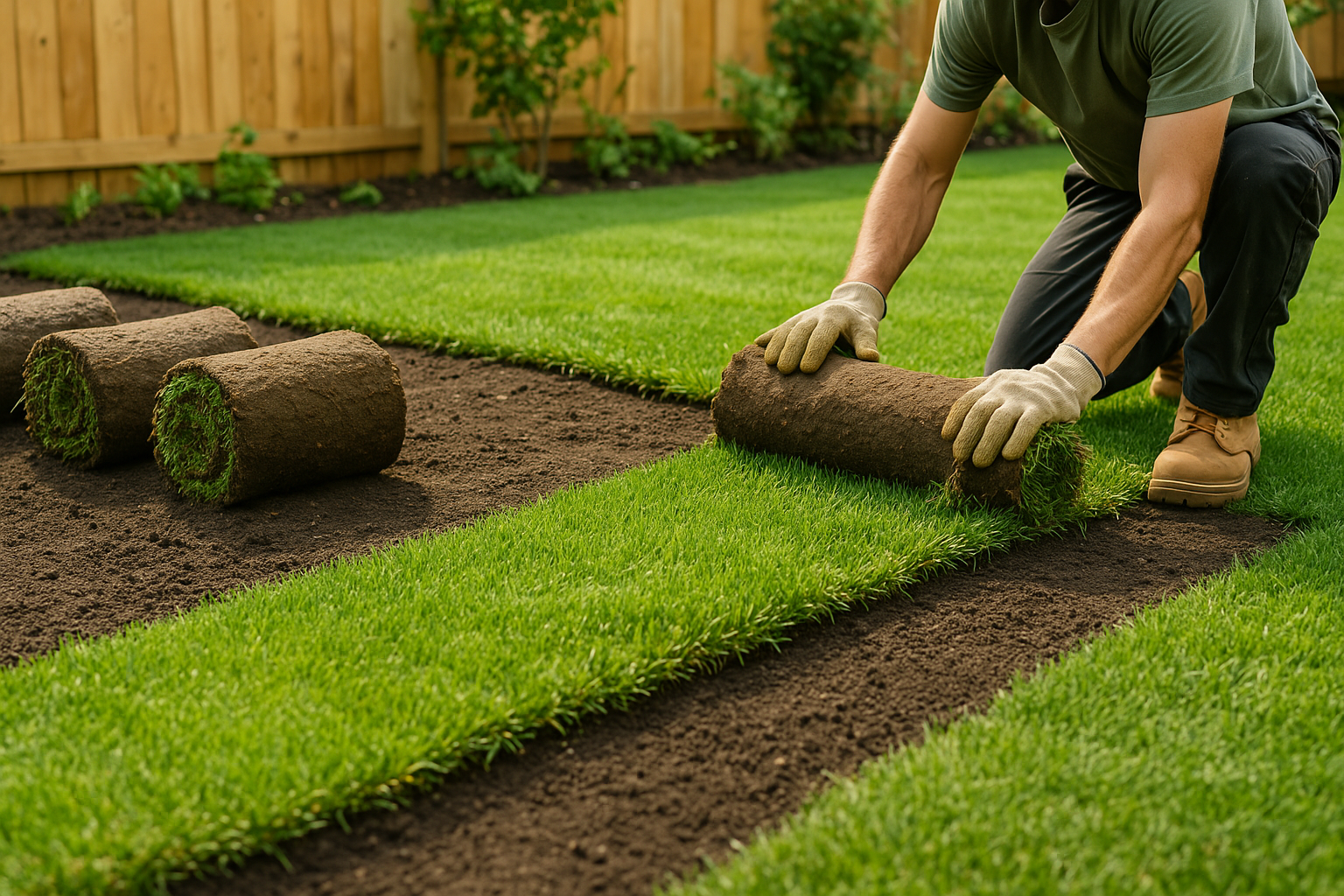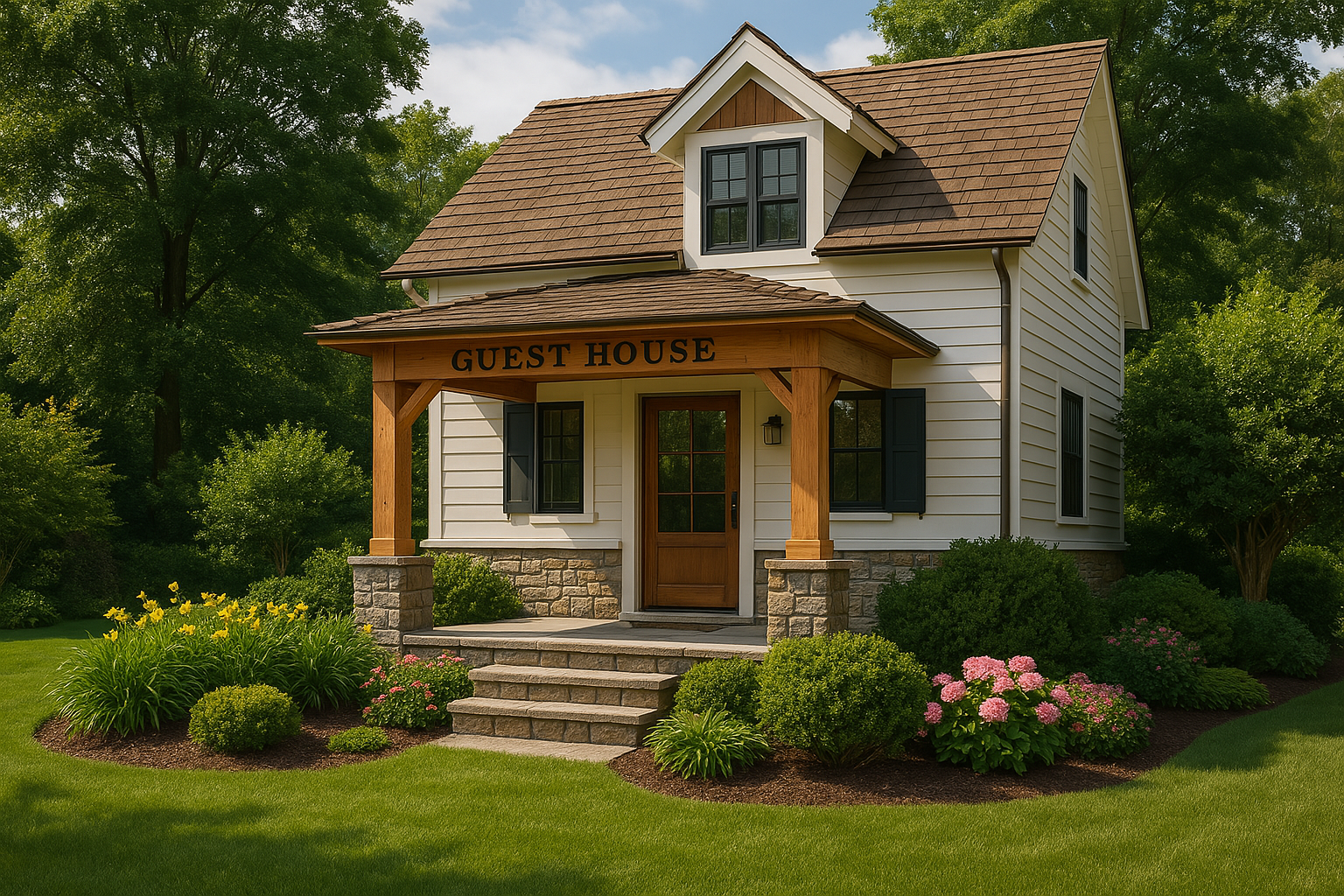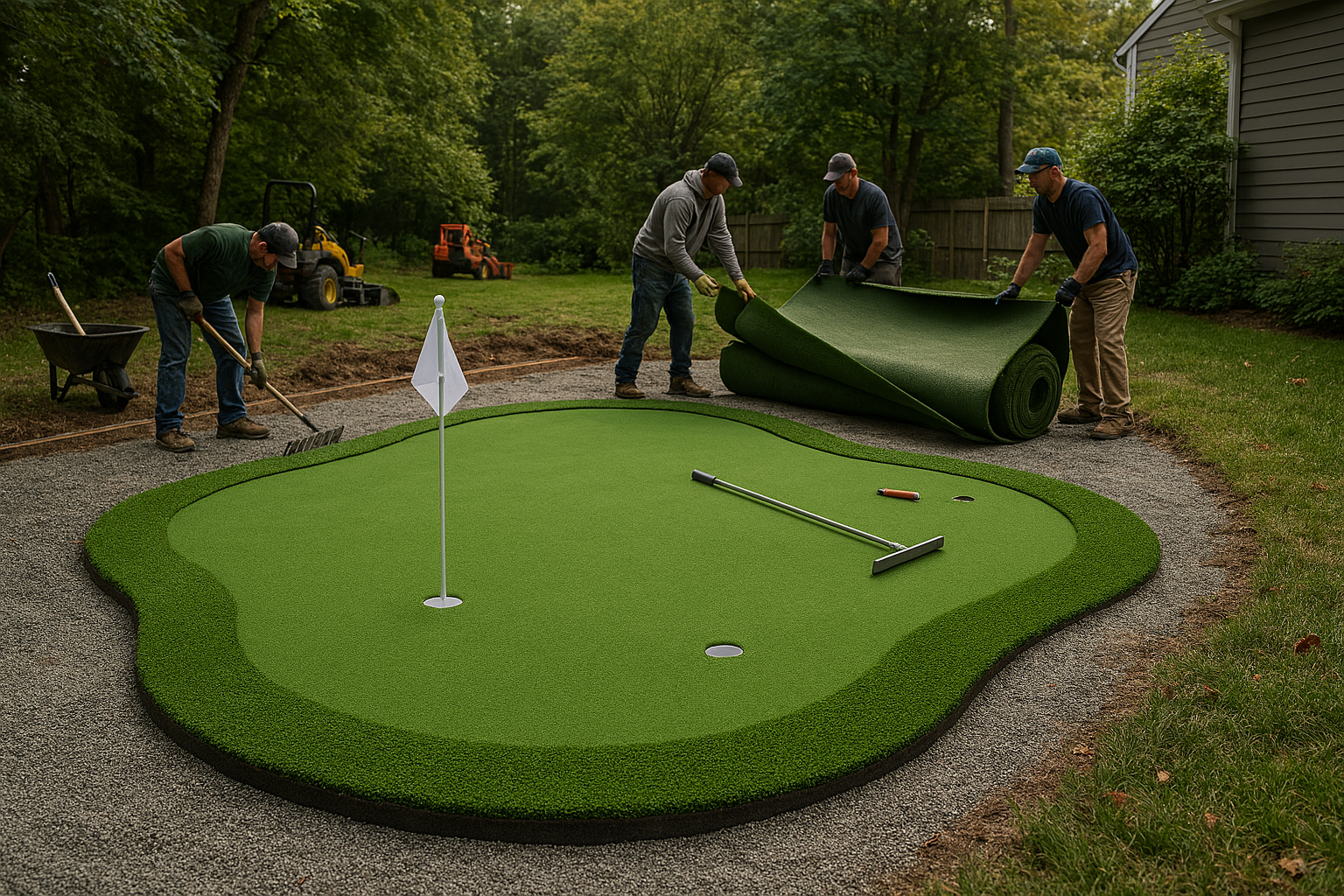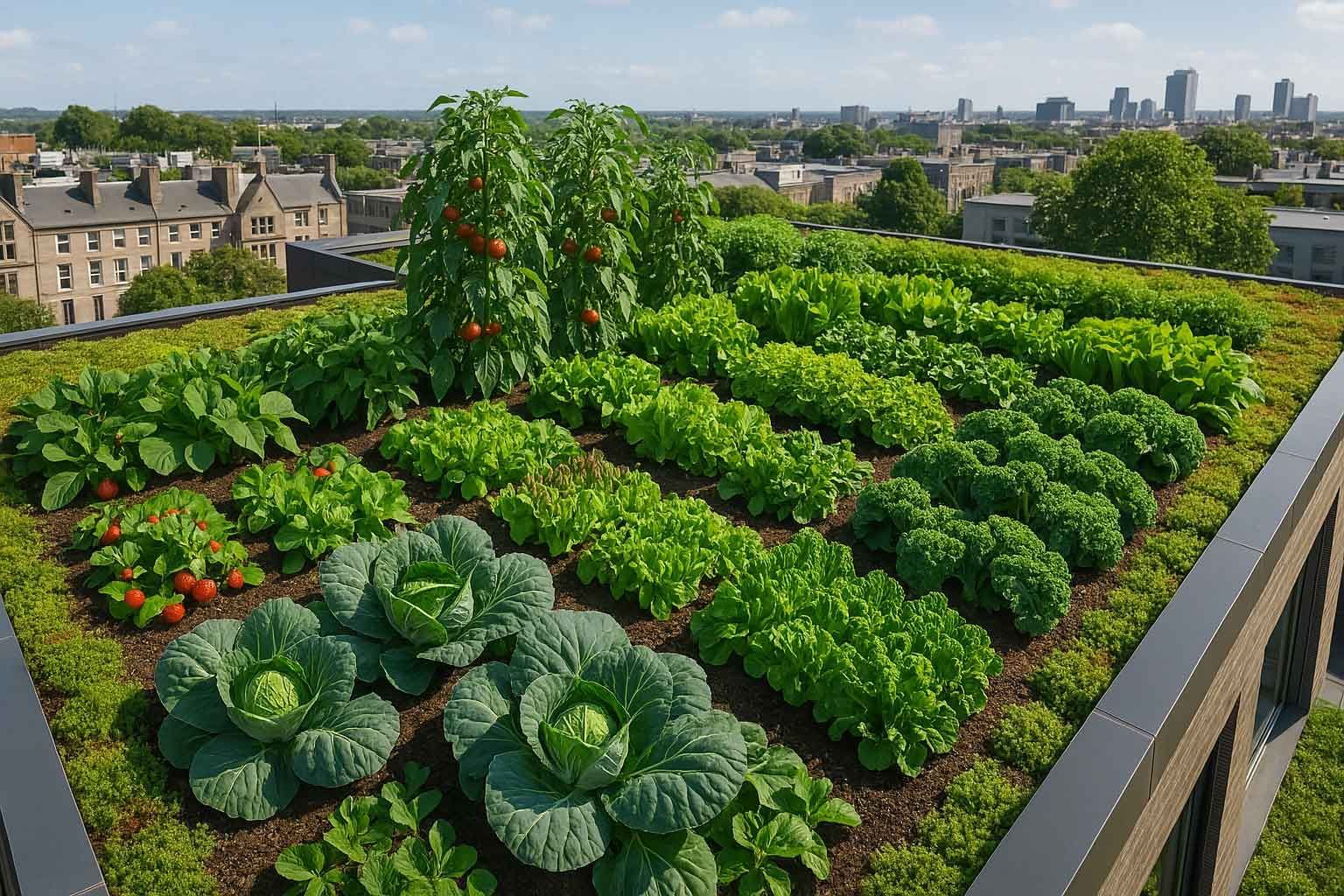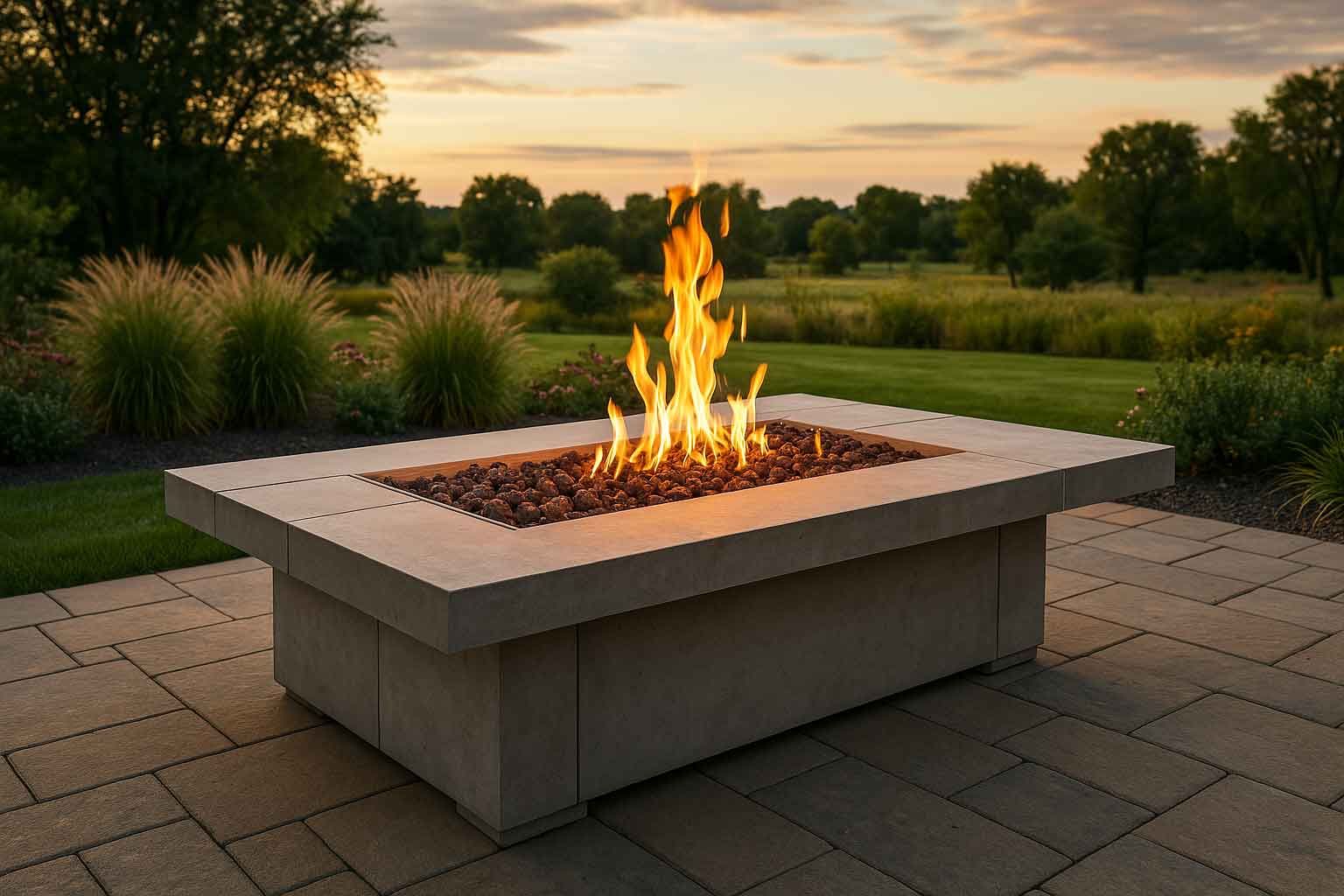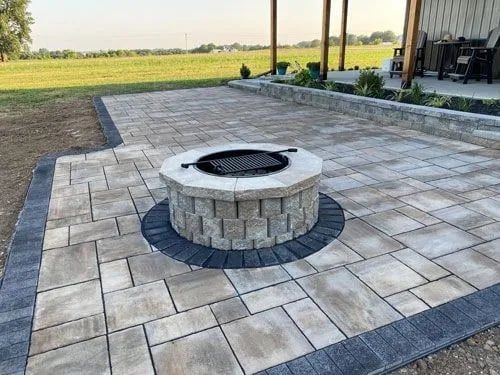Edible Gardens in Kansas City: Your Educational Guide and Top 10 FAQs
Whether you’re a seasoned gardener or a beginner curious about growing your own food, this guide explores the essential aspects of edible gardens tailored for Kansas City’s unique climate. Learn tips, best practices, and sustainable methods for successful garden planning.
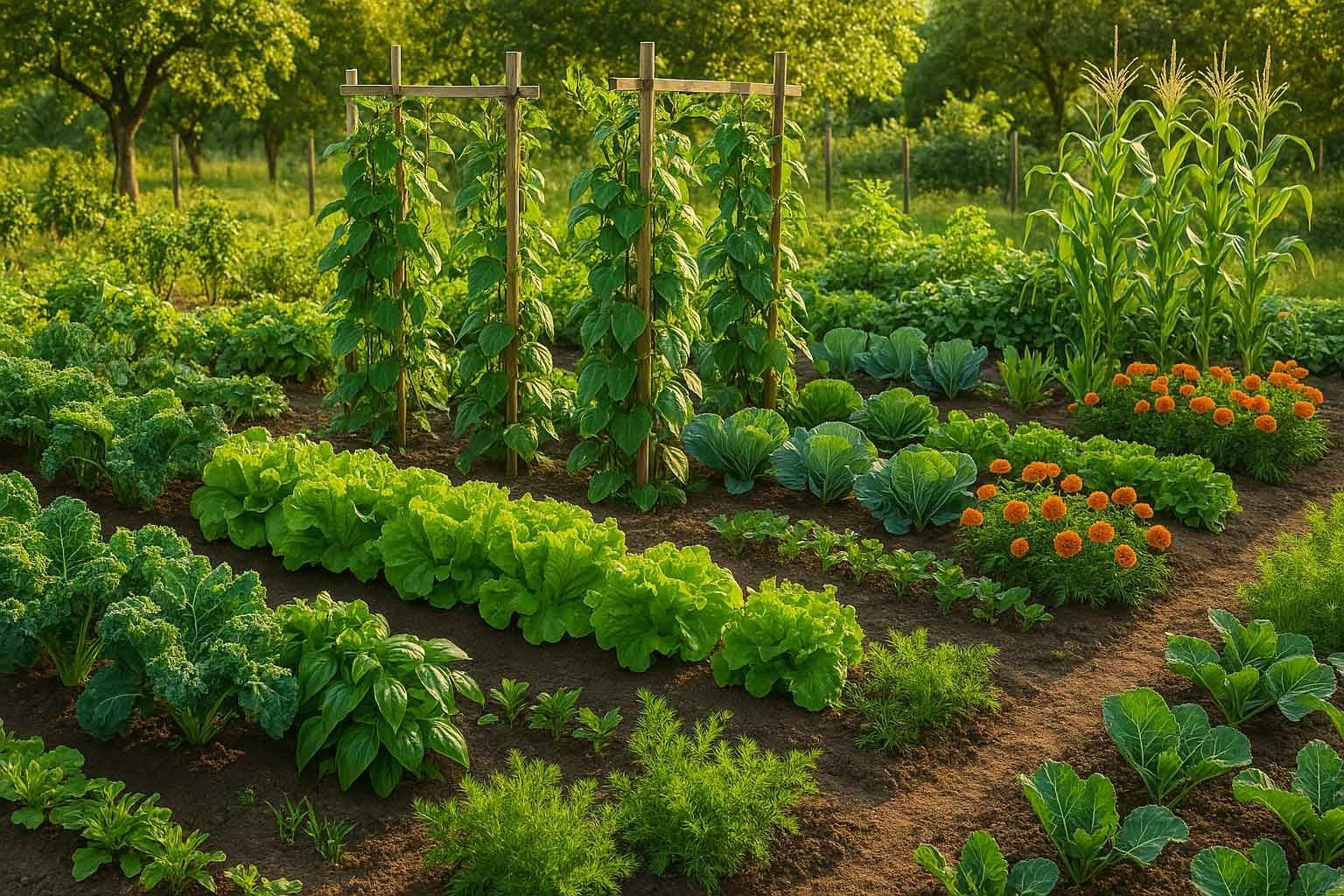
What are the key benefits of starting an edible garden in Kansas City?
Edible gardens offer multiple benefits: fresh, homegrown produce, reduced grocery bills, and the opportunity to engage in sustainable living. In Kansas City, they can also transform your outdoor space into a vibrant, community-friendly area.
How does Kansas City’s climate affect edible garden planning and plant selection?
Kansas City experiences hot summers, cold winters, and variable rainfall, which impacts plant selection and planting schedules. Understanding local frost dates and choosing varieties that are tolerant to these conditions is key to a successful edible garden.
What are the best practices for designing an edible garden in urban settings?
Vertical planting, compact raised beds, and container gardening benefit urban edible gardens. Design strategies should optimize space, ensure proper sunlight exposure, and incorporate efficient watering systems to overcome potential urban challenges like limited soil quality.
How do raised beds compare to in-ground planting for edible gardens?
Raised beds offer several advantages, such as improved drainage, easier maintenance, and better control over soil quality. They are particularly popular in urban areas and can be customized to fit various garden sizes and styles.
What soil preparation and amendments are needed for a successful edible garden?
Healthy soil is the foundation of a productive garden. In Kansas City, adding organic compost, testing and adjusting pH levels, and ensuring proper drainage are critical steps to prepare your soil for planting vegetables and herbs.
How can eco-friendly practices improve the productivity of an edible garden?
Eco-friendly practices, such as organic fertilization, composting, and water conservation techniques like drip irrigation, can improve soil health and reduce environmental impact. These sustainable methods help create a resilient ecosystem that supports continuous harvests.
What irrigation methods work best for small edible gardens in KC?
Drip irrigation systems are highly efficient for small gardens, delivering water directly to the roots and reducing evaporation. Mulching can also help retain soil moisture and reduce water usage, which is especially beneficial during the hot Kansas City summers.
How do you manage common pests and diseases in edible gardens without chemicals?
Integrated pest management (IPM) is a holistic approach that includes natural predators, companion planting, and physical barriers like nets to control pests. Regular monitoring and using organic treatments such as neem oil can help manage issues without resorting to harsh chemicals.
What seasonal considerations should be made for planting in Kansas City?
Understanding Kansas City’s seasonal changes is crucial—plant cool-season crops in early spring and fall, and heat-tolerant varieties in summer. Utilize local gardening calendars and consider using protective covers during unexpected weather fluctuations.
How can homeowners get started with an edible garden on a modest budget?
Starting small with container gardens or a simple raised bed can keep costs low while providing valuable gardening experience. You can look for local community workshops, garden exchanges, or online resources to learn cost-effective techniques and gradually expand your garden.


